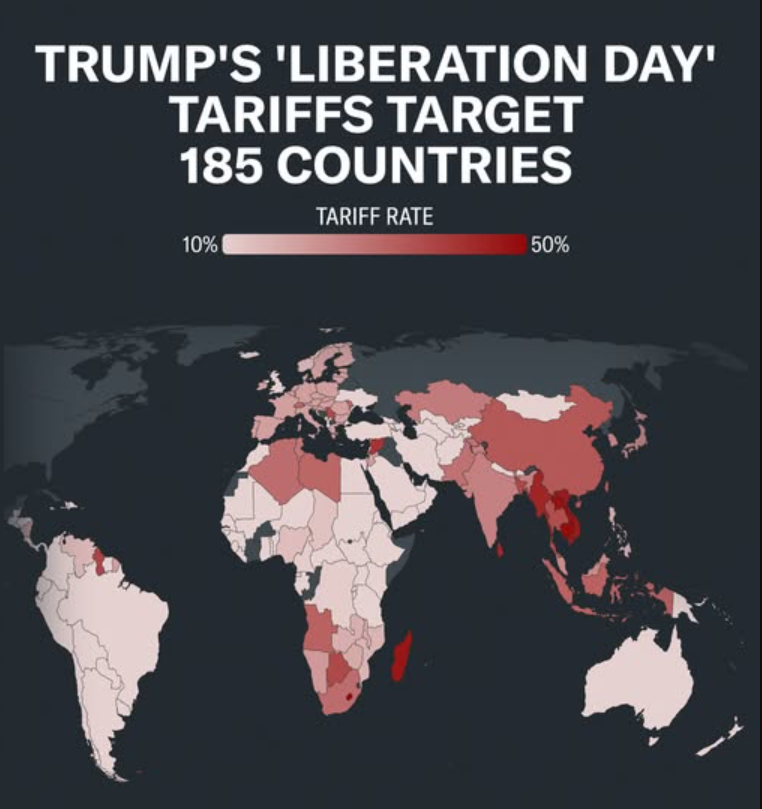
Yu Xiang, Senior Fellow, China Construction Bank Research Institute
Jul 21, 2025
If the United States can adapt flexibly and prioritize consensus with its trading partners, it may solidify its economic dominance. Otherwise, persistent high tariffs risk deepening global trade fragmentation and will challenge America’s long-term influence.
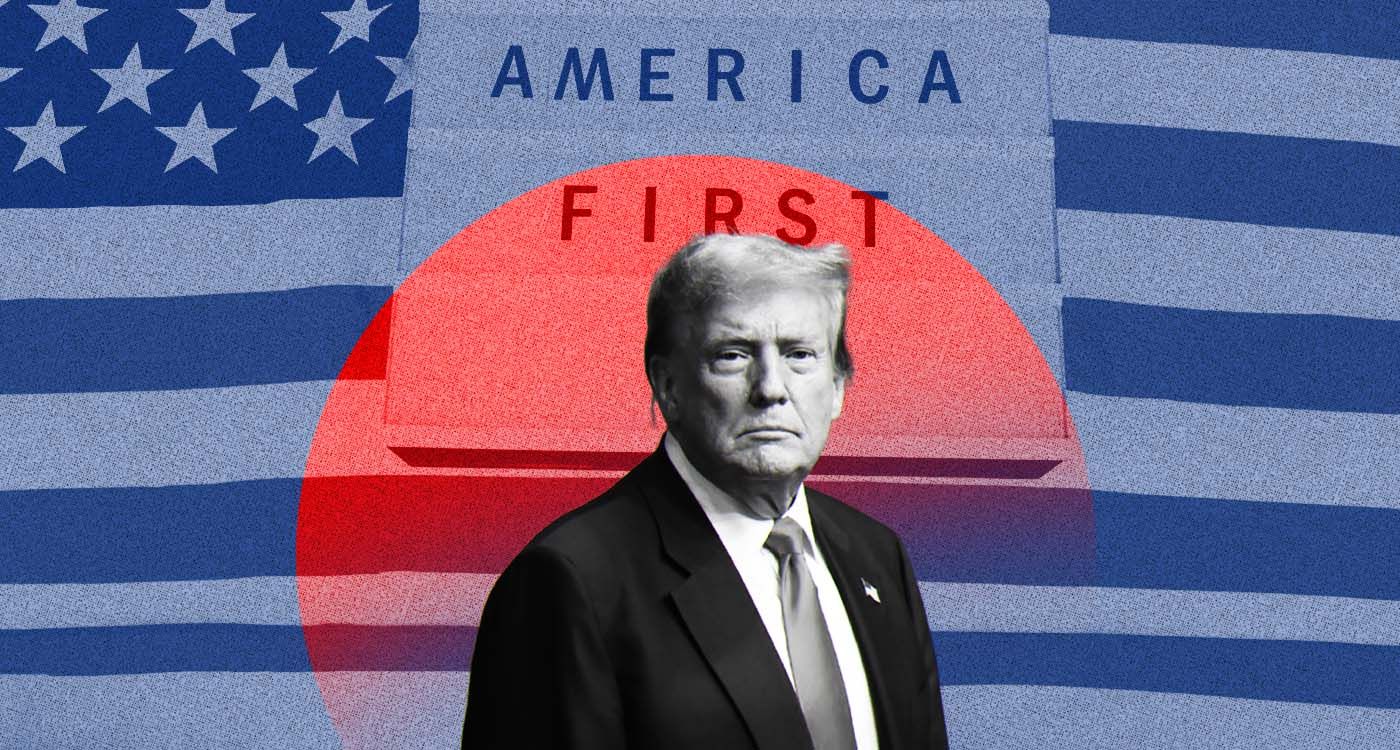
Zhang Wenzong, Associate Research Fellow, CICIR
Jul 18, 2025
China-U.S. competition is fueled by overall national strength. In addition to growing its own hard and soft power, it should pay attention to the evolving politics in the United States, as well as the changes in attitude by U.S. allies, and work to create a united front around the world.
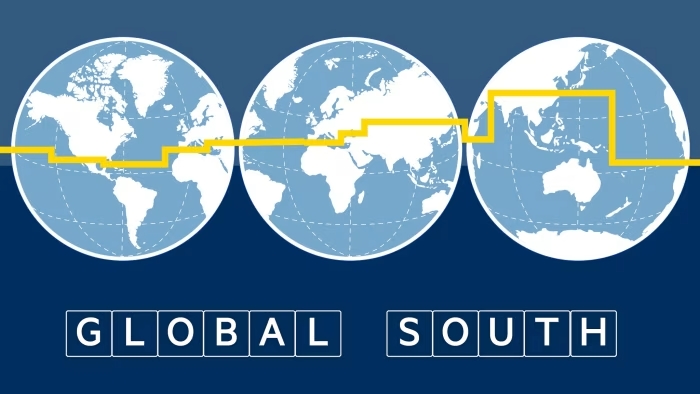
Lucio Blanco Pitlo III, President of Philippine Association for Chinese Studies, and Research Fellow at Asia-Pacific Pathways to Progress Foundation
Jul 11, 2025
The Global South has gone from a nebulous new buzzword to a true factor in determining the world’s relationships. Though far from a monolithic bloc, Global South states share some overlap in vision that will shape the near future in key areas.
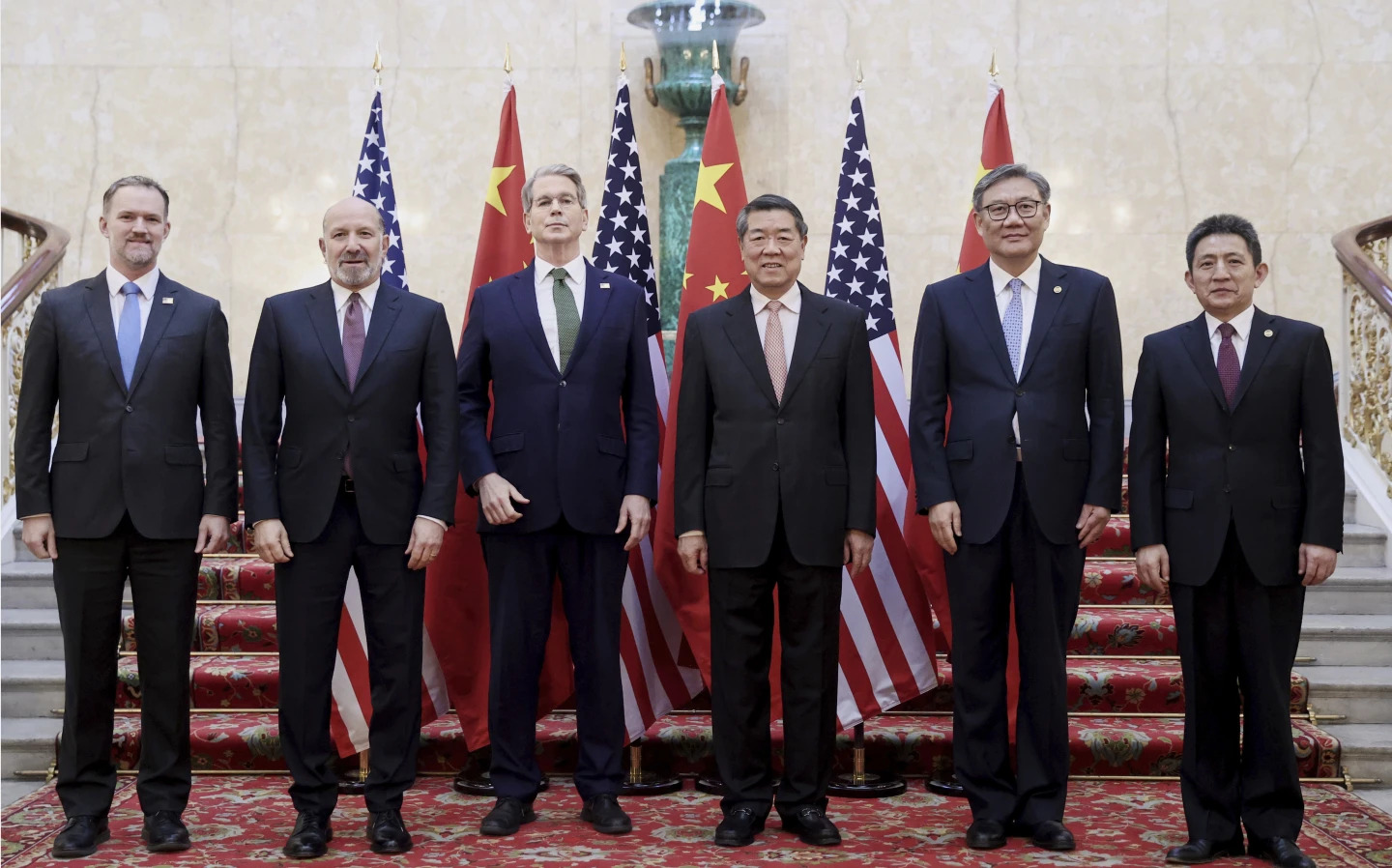
Brian Wong, Assistant Professor in Philosophy and Fellow at Centre on Contemporary China and the World, HKU and Rhodes Scholar
Jul 11, 2025
A new global stage is clearly being set as Western powers begin to react to China’s rivalling interests, and the U.K. may be positioning itself as a middle ground for the 21st Century.
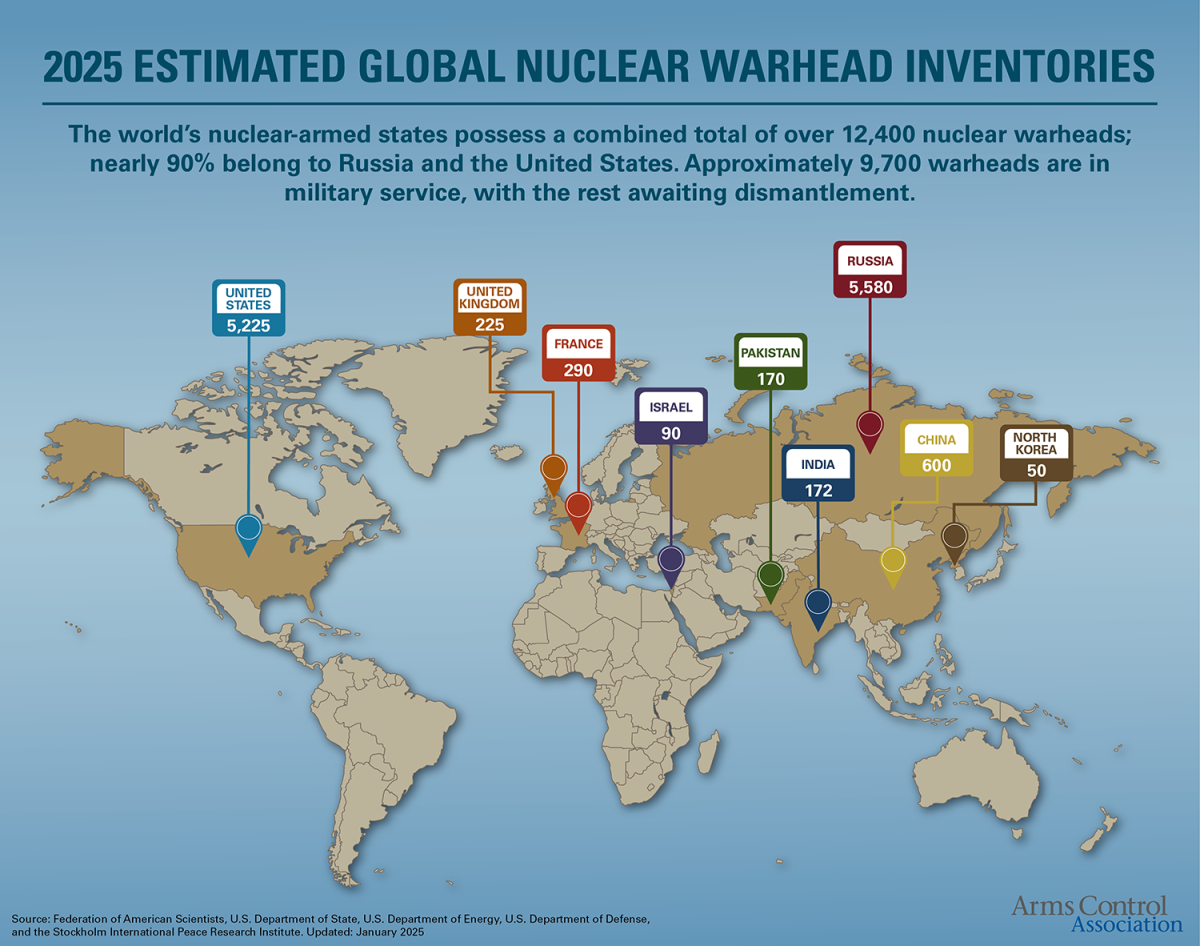
Mohamed ElBaradei, Director General Emeritus, International Atomic Energy Agency; Nobel Peace Prize Winner
Jul 09, 2025
In 1966, the United States, the Soviet Union, the United Kingdom, France, and China not only were the only countries that possessed nuclear weapons; they also had enough wisdom to recognize the dangers posed by nuclear proliferation. Despite their many and deep political differences, they arrived at a consensus to halt the further dissemination of “nuclear weapons or other nuclear explosive devices.”
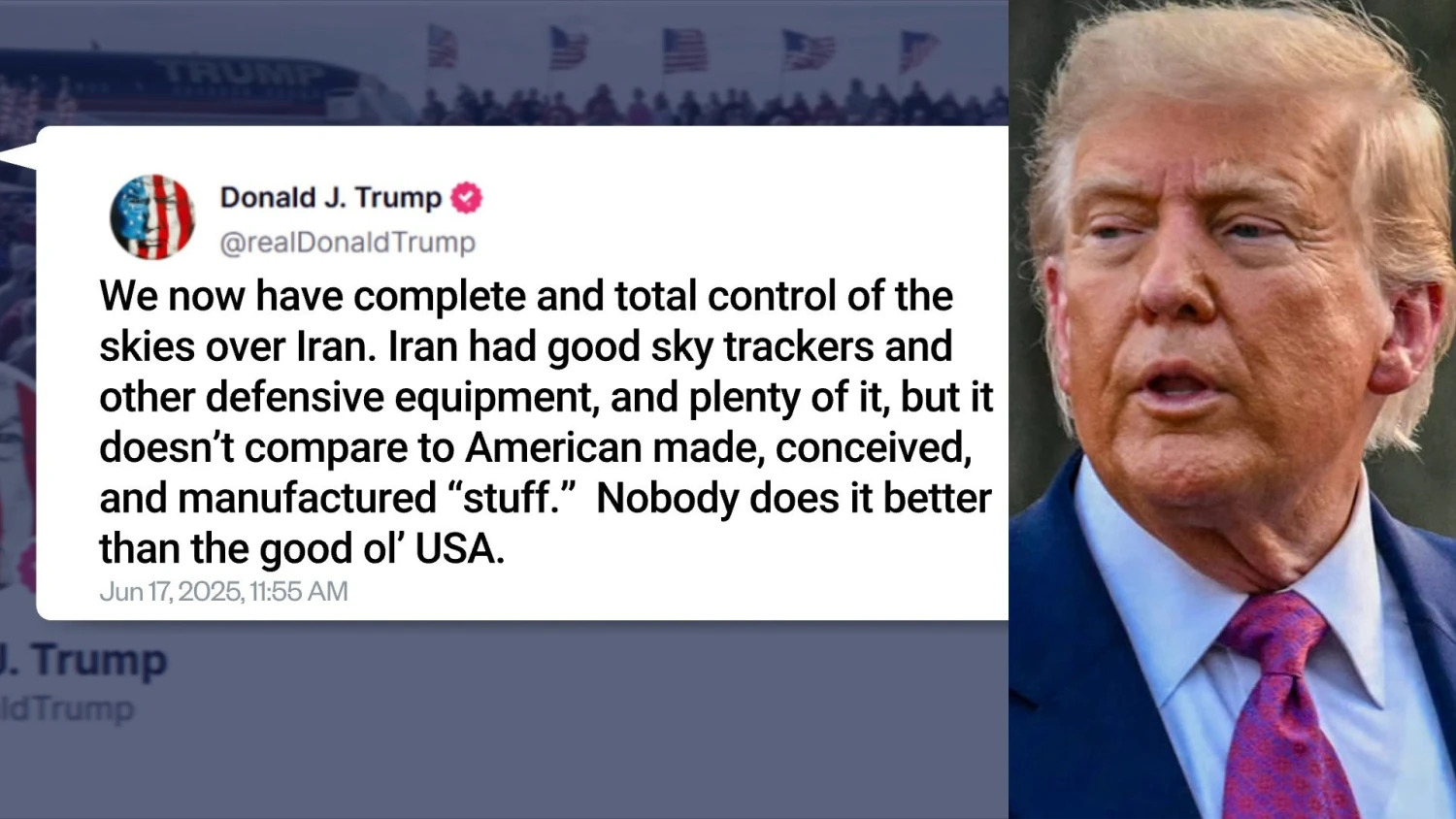
He Wenping, Senior Research Fellow, Charhar Institute and West Asia and Africa Studies Institute of the China Academy of Social Sciences
Jul 04, 2025
Was the so-called 12-day war a triple victory or a triple defeat? Will Americans tolerate a policy of “Israel first” over “America first”? The answers to these and other key questions will determine whether, and how deeply, the United States could be drawn into the fray again.
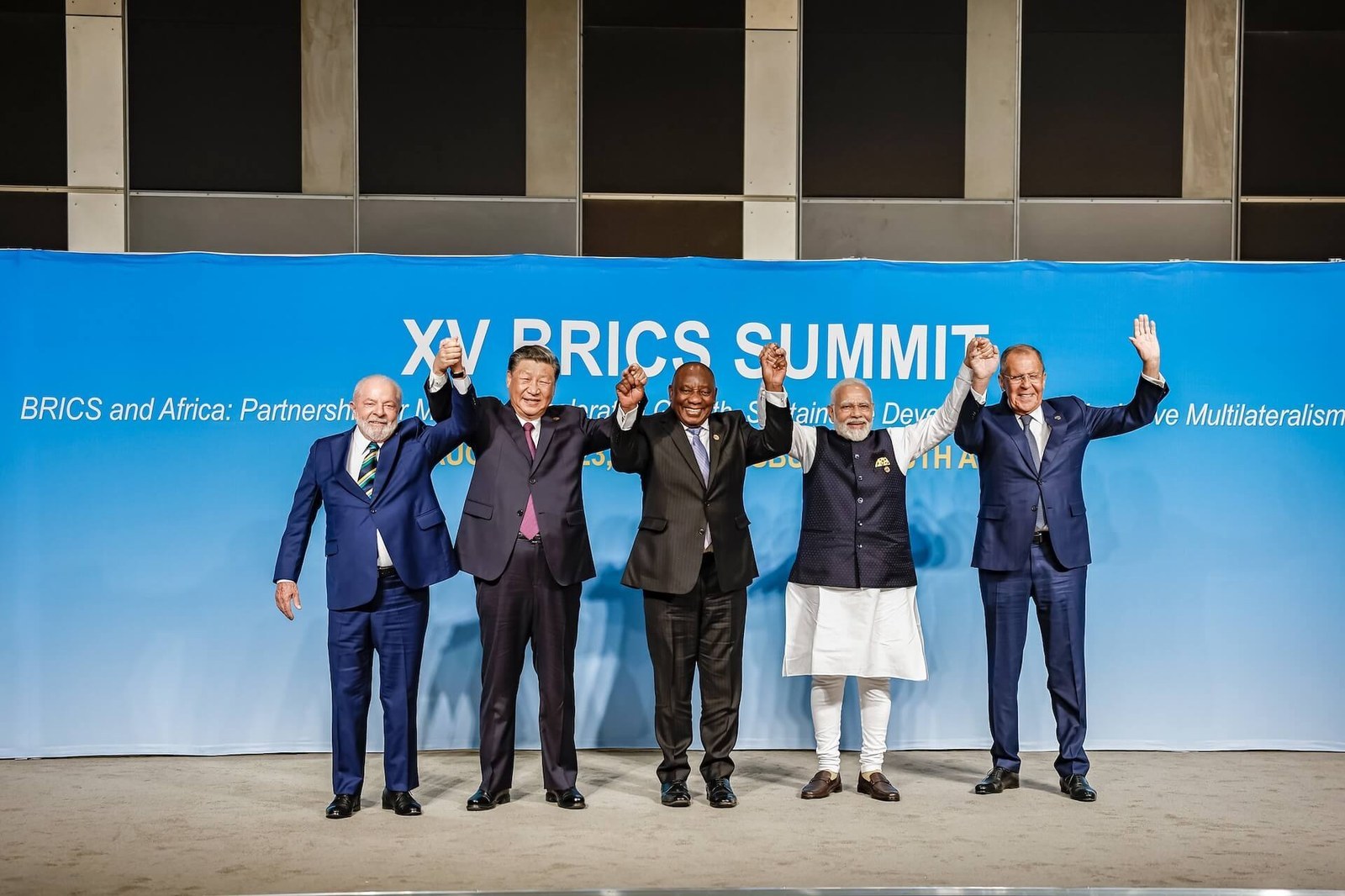
Wang Youming, Senior Research Fellow of BRICS Economic Think Tank, Tsinghua University
Jul 04, 2025
The world is waiting to see whether the expanding group of countries can take advantage of the window of opportunity presented by the restructuring of the international order and become new protagonists in global governance.

Ananth Krishnan, Director at The Hindu Group, and AsiaGlobal Fellow at University of Hong Kong
Jul 04, 2025
At its 17th summit in Rio, the expanded BRICS bloc faces a moment of reckoning as it seeks to balance growing ambitions with internal divisions, shown in its rare unified stance on U.S.-Israel strikes and push for Global South representation. While advancing financial tools and a climate agenda, BRICS’ core challenge is defining itself not as anti-West, but as a united advocate for a more equitable global order.

Sheng Zhonghua, Researcher and Postdoctoral Fellow, Centre on Contemporary China and the World, The University of Hong Kong
Jul 04, 2025
Data security governance has become a global priority amid rising competition over data resources, with the U.S., EU, and China adopting distinct models: the U.S. favors a market-driven, security-conscious approach with public-private cooperation; the EU relies on strict regulatory frameworks like the GDPR; and China enforces centralized, party-led oversight. Despite their differences, all three aim to strengthen data security within their respective systems.
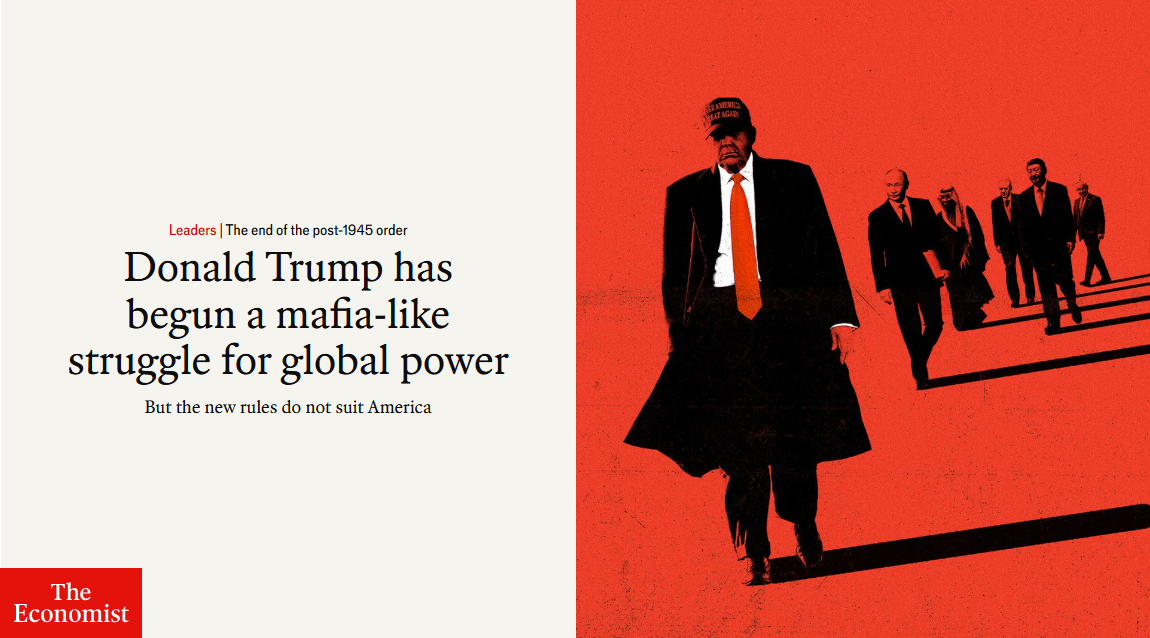
Li Yan, Director of President's Office, China Institutes of Contemporary International Relations
Jun 30, 2025
The international situation in recent years features turbulence and change, with the United States playing an increasingly prominent destructive role. As the second Trump administration’s policies unfold, the negative impacts have become clear.
Back to Top

- China-US Focus builds trust and understanding between the U.S. and China through open dialogue among thought leaders.
- Our Offerings
- Topics
- Videos
- Podcasts
- Columnists
- Research Reports
- Focus Digest
- Stay Connected
-
Thanks for signing up!
- Get the latest stories from China-US Focus weekly.